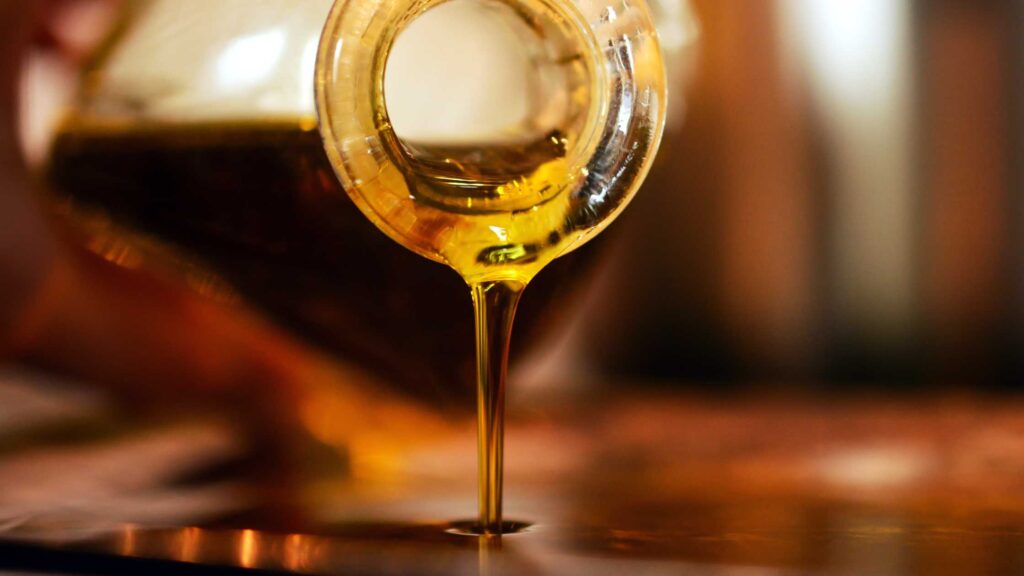Hair oil has been a staple in hair care routines for centuries, and for good reason. While it might not directly stimulate hair growth, it plays a crucial role in creating an optimal environment for healthy hair to flourish.
Importance of Hair Oil
- Nourishment: Hair oil is packed with essential fatty acids, vitamins, and antioxidants that nourish the scalp and hair follicles. These nutrients help strengthen hair strands, prevent breakage, and promote overall hair health.
- Moisturization: Hair oil hydrates the scalp and hair, preventing dryness and flakiness. A well-moisturized scalp creates a conducive environment for hair growth.
- Scalp Health: Regular oil massage improves blood circulation to the scalp, delivering essential nutrients to the hair follicles and stimulating growth.
- Protection: Hair oil forms a protective barrier around the hair shaft, shielding it from environmental damage, heat styling, and pollution.
- Reduced Hair Fall: By strengthening hair follicles and preventing breakage, hair oil can indirectly contribute to reduced hair fall.
Here are some commonly used oils that might benefit hair growth

Coconut oil: Rich in fatty acids, it can penetrate the hair shaft and reduce protein loss.
Castor oil: High in ricinoleic acid, it might stimulate hair growth and thicken hair strands.
Almond oil: Contains vitamins E and D, which can nourish the scalp and promote hair health.
Jojoba oil: Similar to the skin’s natural oils, it can hydrate the scalp and balance oil production.
Rosemary oil: Often used in combination with other oils, it might improve blood circulation to the scalp.
Minoxidil (Rogaine): While technically not an oil, it’s an over-the-counter medication approved for hair loss treatment.
Tips for Using Hair Oil
Warm the oil: Gently heating the oil can improve its absorption.
Massage: Massage the oil into your scalp to stimulate blood flow.
Consistency: Regular use is key for optimal results.
Patch test: If you have sensitive skin, test the oil on a small patch before applying it to your entire scalp.
Additional Factors
Hair type: Different hair types respond differently to oils.
Underlying issues: If you’re experiencing severe hair loss, consult a doctor to rule out underlying medical conditions.
Diet and lifestyle: A balanced diet and healthy lifestyle contribute to overall hair health.
Understanding Your Hair Type

Selecting the perfect hair oil can be a game changer for your hair health.
The first step is to determine your hair type: Identifying Your Hair Concerns
- Dry hair: Lacks moisture, often frizzy and brittle.
- Oily hair: Produces excess sebum, appears greasy quickly.
- Normal hair: Balanced moisture levels, manageable.
- Thin hair: Lacks volume, tends to be flat.
- Thick hair: Dense and coarse, can be dry or oily.
- Color-treated hair: Can be dry and damaged.
Consider your specific hair issues:
- Dandruff
- Hair fall
- Split ends
- Dullness
- Frizz
Checking the Ingredients:
Look for natural oils without harmful chemicals.